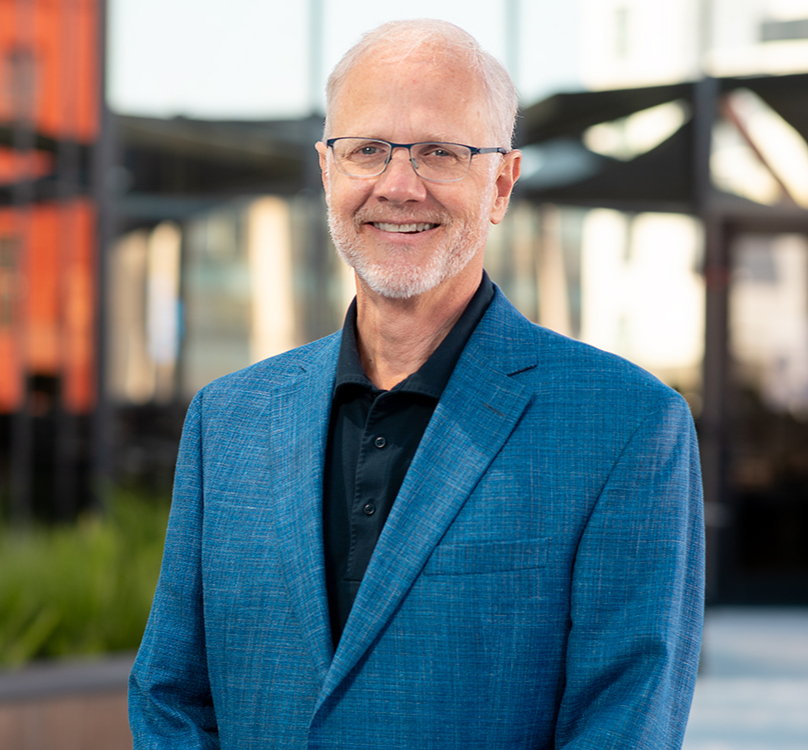1420 Kettner Blvd,
Suite 700
San Diego, CA 92101
(619) 860-2100

The meditation teachers I have learned from over the years often end their talks or sessions with a simple phrase: “Thank you for your practice.”
It is a generous acknowledgement that, while we are engaged in a process that is never perfect and never done, we make our contribution not through the perfection of it but through the simple attempt, day after day.
I have been thinking about that lately as we approach this Thanksgiving in a time when so many nonprofit leaders I hear from are worrying about the future of the people and the issues they care about, not to mention the organizations they lead.
Recently, I sat down in conversation with Dr. Maria Rosario Jackson, chief of the National Endowment for the Arts, for the World Design Capital summit and then again for a group of arts leaders in San Diego. Dr. Jackson has been an important figure at the NEA, advocating for a deeper appreciation of the powerful role the arts, culture, and design can play in almost every sphere of human endeavor.
We spoke about the future of the work she has launched at the NEA. “Obviously it will have to continue at the level of community now,” she said, conveying confidence that it would.
What gave her that confidence? I didn’t ask her that explicitly, but her comments suggested a reason. Dr. Jackson spoke about the importance of curiosity, caring, and connection in these times. She highlighted the need for people to cultivate curiosity about each other, to extend compassion and care to those around us, and to reconnect communities.
Who better to help do that, she argued, than the artists, storytellers, design thinkers, and culture bearers who help us see more deeply into the commonalities of who we really are and aspire to be?
These principles—curiosity, caring, and connection—resonate deeply with the mission of the nonprofit sector more broadly, whose distinguishing feature is not a tax classification but its role as a force for social good. Our society has always needed a robust social sector—its deep compassion, its unruly imagination, its uncomfortable questions, its dogged persistence, its bringing together and together and together. That need hasn’t changed but only grown.
In my time in this work, I have learned that the success of civil society depends of course at times on individual brilliance and leadership, but far more often and importantly it depends on our ability to lift each other up and to collaborate together. Isolated efforts can only take us so far; it is through working together that we can achieve lasting impact.
I am reminded of an interview I once did with Linda Behnken, a fisherman from Alaska who organized her community around sustainable practices and who was being honored with a Heinz Award. At one point she talked about what it was like to be a lonely vessel in a vast sea. Too many people feel that way right now.

The sea may seem vast, but we are not lonely vessels. For Linda Behnken, that image underscored how much we need each other, and how important it is in challenging times to know that others are out there, looking out for us, supporting each other. For me, this metaphor beautifully captures the essence of our work in the nonprofit sector.
And in our community. In so many ways, with our robust civil society, our outstanding arts and culture scene, our appreciation of commonalities and differences across borders and cultures and geography, and our connection with nature, I believe San Diego can offer a beacon of hope and innovation for the future.
Not by being perfect, but by being determined. By showing up every day with a commitment to curiosity, caring, and community.
So, in the spirit of Thanksgiving, I want to thank all of our partners—and everyone who, in doing this work, embodies this spirit with fierce dedication. Thank you for what you do every day. Thank you for your practice.

